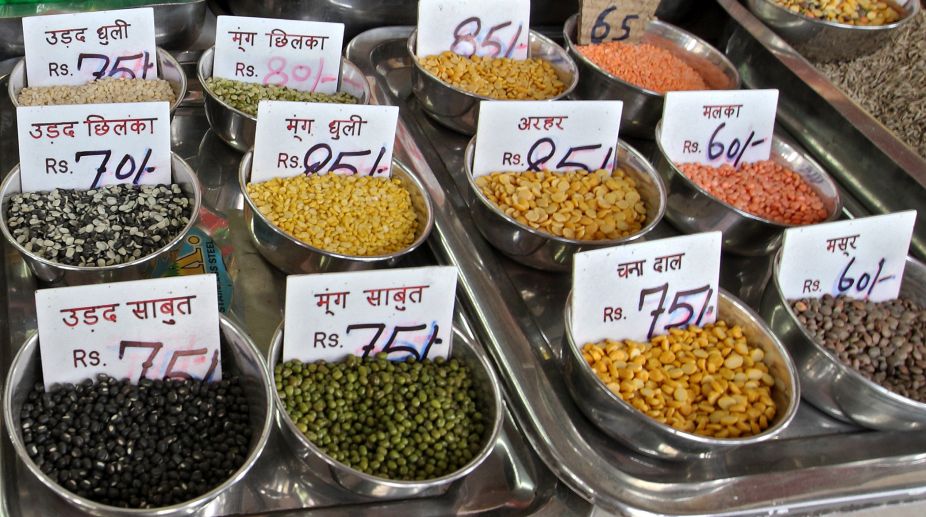India’s retail inflation falls to 4-month low of 5.22 pc in Dec
The easing of inflation reflects a steadily declining trend after having touched a 14-month high of 6.21 per cent in October. CPI inflation had declined to 5.48 per cent in November.

(Photo: Getty Images)
A major spurt in food and fuel prices in the country pushed the wholesale price index (WPI) for May to 4.43 percent, to nearly double over the 2.26 percent registered in May last year and higher than the 3.18 percent recorded in April, 2018, Commerce Ministry data showed on Thursday.
Earlier this week, Central Statistics Office data showed that the consumer price index (CPI), or retail inflation, in May had touched 4.87 percent.
Advertisement
Citing risks to inflation mainly from rising global crude prices, the Reserve Bank of India (RBI) last week raised its key lending rate by 25 basis points to 6.25 percent for the first time in over four years. The RBI has a median retail inflation target rate of 4 per cent.
Advertisement
The WPI Food Index, consisting of ‘Food Articles’ from Pri’ary Articles group and ‘Food Prod‘ct’ from Man’factured Products group, increased from 0.67 per cent in April 2018, to 1.12 per cent last month.
Expenses during the month under consideration on primary articles, which constitute 22.62 per cent of the WPI’s total weightage, rose by 3.16 per cent, from a fall of
(-)1.71 per cent in May 2017.
Among primary articles, food, which has a weightage of 15.26 per cent in the index, edged up last month by 1.60 per cent from a deceleration of (-)2.13 per cent reported for the same month last year.
The cost of fuel and power, which commands a 13.15 per cent weightage in the index, increased at a fast pace of 11.22 per cent during the month in review, from a growth of 7.85 per cent in April 2018.
Reacting to the WPI numbers, industry body Assocham urged policymakers to keep a check on petrol and diesel prices as these could “significantly impact import bills which may subsequently have an effect on exchange rates.”
“Besides, it might also negatively impact input prices for the industry which has already started feeling the pressure on its profitability,” Assocham Secretary General D.S. Rawat said in a statement.
“Rising crude prices would not only affect headline inflation but would also put pressure on price levels as the twin deficit goes up, thereby impacting government’s plan to’increase rural spending and minimum support price for farmers ahead of general elections next year as it would exacerbate price pressures, and is likely to blow out the fiscal deficit target,” he added.
Advertisement